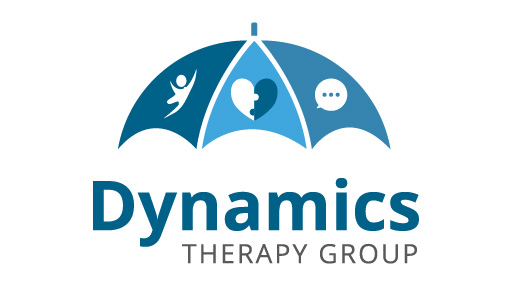
Sensory Processing Disorder (SPD) and Autism Spectrum Disorder (ASD) are conditions that can significantly impact a child’s daily life, including their ability to learn, communicate, and engage in social interactions. In Singapore, occupational therapy has emerged as an essential intervention for children with SPD or ASD, helping them develop the necessary skills to navigate their world and lead fulfilling lives. In this blog post, we will explore the benefits of occupational therapy for young children with SPD or ASD in Singapore, supported by research and evidence, and discuss why it might be the right choice for your child.
The Role of Occupational Therapy
Occupational therapy focuses on helping individuals engage in meaningful activities or “occupations” that are essential for daily living, social participation, and overall well-being. For young children with SPD or ASD, occupational therapists work to enhance their sensory processing, motor skills, social skills, and executive functioning, among other areas of development.
Benefits of Occupational Therapy for Children with SPD or ASD
- Improved Sensory Processing
Children with SPD or ASD often experience difficulties processing sensory information from their environment, leading to challenges in daily activities and social interactions. Occupational therapy helps these children by providing individualized sensory strategies, creating sensory-friendly environments, and implementing sensory-based interventions to enhance their sensory processing abilities (Case-Smith, Weaver, & Fristad, 2015)1.
- Enhanced Motor Skills
Occupational therapists work with children to develop both fine and gross motor skills, which are essential for tasks like handwriting, dressing, and playing sports. Occupational therapy can help improve motor planning, coordination, strength, and endurance in children with SPD or ASD (Fournier, Hass, Naik, Lodha, & Cauraugh, 2010)[2].
- Better Social Skills
Developing social skills is crucial for children with ASD, as it affects their ability to form relationships, communicate effectively, and participate in group activities. Occupational therapists employ various evidence-based interventions, such as Social Stories™, peer-mediated instruction, or social skills groups, to help children with ASD improve their social skills (Kasari, Lawton, Shih, & Barker, 2014)[3].
- Enhanced Executive Functioning
Children with ASD often struggle with executive functioning, which affects their ability to plan, organize, and complete tasks. Occupational therapy can provide targeted interventions, such as cognitive-behavioral strategies or environmental modifications, to improve executive functioning in children with ASD (Kenworthy, Anthony, Naiman, Cannon, & Wills, 2014)[4].
- Individualized and Family-Centered Approach
At dynamics we adopt a holistic, family-centered approach when working with children with SPD or ASD. They collaborate closely with parents, educators, and other professionals to develop and implement individualized intervention plans tailored to the unique needs and strengths of each child (Dunn, Cox, Foster, Mische-Lawson, & Tanquary, 2012)[5].
Conclusion
Occupational therapy offers a range of benefits for young children with Sensory Processing Disorder or Autism Spectrum Disorder in Singapore. By addressing their sensory processing, motor skills, social skills, and executive functioning, occupational therapy can help these children develop the skills and confidence they need to navigate their world successfully. If you believe your child could benefit from occupational therapy, consider reaching out to our team of qualified occupational therapists in Singapore to discuss your child’s unique needs and determine the best course of action.
References
- Case-Smith, J., Weaver, L. L., & Fristad, M. A. (2015). A systematic review of sensory processing interventions for children with autism spectrum disorders. Autism, 19(2), 133-148. https://doi.org/10.1177/1362361313517762
- Fournier, K. A., Hass, C. J., Naik, S. K., Lodha, N., & Cauraugh, J. H. (2010). Motor coordination in autism spectrum disorders: A synthesis and meta-analysis. Journal of Autism and Developmental Disorders, 40(10), 1227-1240. https://doi.org/10.1007/s10803-010-0981-3
- Kasari, C., Lawton, K., Shih, W., & Barker, T. V. (2014). Caregiver-mediated intervention for low-resourced preschoolers with autism: An RCT. Pediatrics, 134(1), e72-e79. https://doi.org/10.1542/peds.2013-3229
- Kenworthy, L., Anthony, L. G., Naiman, D. Q., Cannon, L., & Wills, M. C. (2014). Randomized controlled effectiveness trial of executive function intervention for children on the autism spectrum. Journal of Child Psychology and Psychiatry, 55(4), 374-383. https://doi.org/10.1111/jcpp.12161
- Dunn, W., Cox, J., Foster, L., Mische-Lawson, L., & Tanquary, J. (2012). Impact of a context-focused intervention on child participation and parent competence among children with autism spectrum disorders: A pretest–posttest repeated-measures design. The American Journal of Occupational Therapy, 66(5), 520-528. https://doi.org/10.5014/ajot.2012.004119




